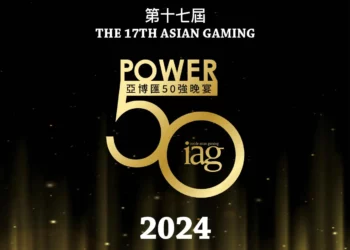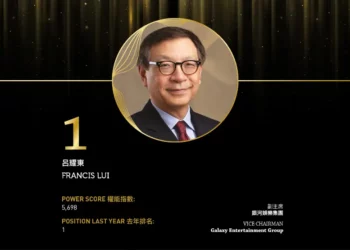[1-10] [11-20] [21-30] [31-40] [41-50]

It’s been a tough year for Melco Crown. Hampered by the ongoing decline of the Macau market – which finally welcomed its first year-on-year revenue growth in more than two years last month – and the subsequent poor performance of its newest Macau property, Studio City, the company has undergone significant changes.
Most notable was the decision by James Packer’s Crown Resorts in May to reduce its stake in Melco Crown from 34.3% to 27.4%. That move saw Hong Kong-listed Melco International Development Ltd, which is headed by Chief Executive Lawrence Ho, become Melco Crown’s single biggest shareholder with Mr Ho taking over as Melco Crown Chairman after Packer stepped aside as co-Chair.
It also meant greater responsibility for Mr Ho’s right hand man, Ted Chan.
The pair have worked together on and off since 2002, with Chan re-joining the company in 2008 as President of Altira Macau after a two-year absence. He assumed the role of co-COO alongside Nick Naples in 2010 before taking sole ownership of the position in February 2012.
The next 12 months loom as arguably the most important yet for both Mr Chan and Mr Ho.
Despite some promising results in 2Q16 – with a 27% increase in year-on-year profit thanks to improving revenues at City of Dreams Manila combined with the opening of Studio City last October – questions remain over whether Melco’s third Macau property can meet its revenue requirements as per the strict financial conditions of its loan agreement.
In order to try and ramp things up, Melco recently announced it would introduce VIP gaming to Studio City – having earlier opted to focus solely on mass – with around 30 tables to be allocated “subject to government approval.”
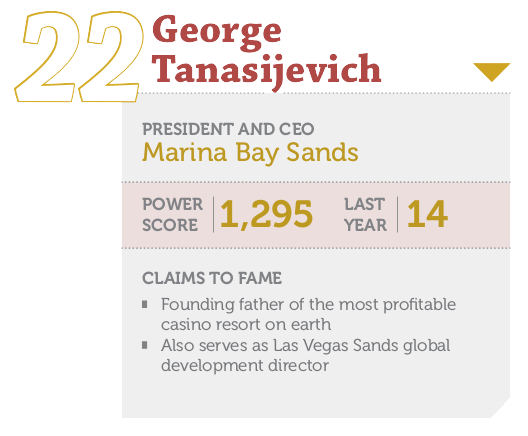
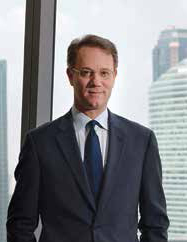
Public policy textbooks for the next century or two will rightly spotlight Marina Bay Sands – namely how a bold and broadly unpopular government decision to legalize casinos within strict guidelines led to a remake of Singapore’s international image. And if those books give credit where it’s due, every student in the field willl earn to spell Tanasijevich.
Las Vegas Sands founder Sheldon Adeslon had the money, architect Moshe Safdie had the design but George Tanasijevich, Las Vegas Sands’ global development director, had both the patience and – as a former executive of Singapore’s government-linked Capita Land– the local credibility to convince authorities to make the project a reality. As Marina Bay Sands president and CEO since 2011, he heads what is likely the world’s most profitable casino and Singapore’s 21st century urban icon.
The urban resort has 2,600 rooms in three 55 story towers topped with the SkyPark and its 150 meter infinity pool over looking theSingapore skyline. It also has 1.2 million square feet (112,000 square meters) of convention space, 800,000 square feet of retail, celebrity chef dining, a museum plus a casino for 610 tables and 2,500 gaming machines. Completed in 2010 at a cost of US$5.7 billion, last year MBS reported EBITDA of US$1.5 billion with the industry’s best margins and soundly besting Genting’s crosstown rival Resorts World Sentosa.
With no junkets and a S$100 (US$70) entry tax for locals, MBS nevertheless produced gaming revenue of US$2.3 billion last year. That was down 10%, as the slowdown in mainland Chinese play hit, also lowering hotel rates. But the downturn is hitting Macau even harder, meaning MBS EBITDA accounts for a growing proportion for the LVS total. Last year, MBS EBITDA fell 13% from a year earlier, but was 36% of the LVS total, up four percentage points. This year, second quarter EBITA fell 2% to US$357 million – VIP roll fell 29% and mass drop decreased 11% – reaching 37% of the corporate total.
One remedy would be a new global opportunity for Mr Tanasijevich to develop. Whatever it is, though, it’s unlikely to match Marina Bay Sands.
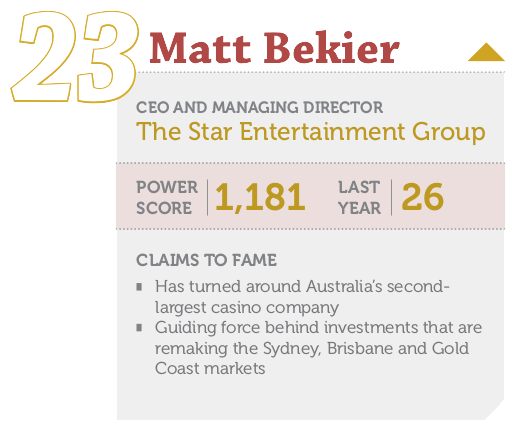
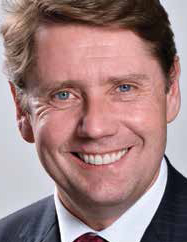
It used to be Echo Entertainment, the perennial also-ran to Crown Resorts in Australia’s two-horse casino race. It’s The Star Entertainment Group now and a serious challenger to the Packers’ long reign at the top of the market.
That’s the difference a CEO can make – and Matt Bekier has taken all of two years and a few months to do it.
A numbers guy by training – he was Tabcorp’s Chief Financial Officer and held the same post at Echo before landing the top job in 2014 – he’s proven to be a solid operator, delivering two straight years of profit growth for the three-casino group.
But it’s as a strategist and a dealmaker that he’s really turned the company around.
His biggest coup to date is the partnership he’s secured with Hong Kong conglomerates Far East Consortium and Chow Tai Fook Enterprises that defeated James Packer’s bid to win a license for an integrated resort in Brisbane that would have driven Echo out of its last monopoly market. The consortium’s Queen’s Wharf Brisbane is slated to begin construction next year on a AU$3 billion entertainment, recreation and residential district that will remake the Queensland capital’s riverfront.
At the aging Jupiter’s Hotel & Casino on the Gold Coast the partners are investing in something similar in scale, fine-tuning a AU$2 billion master plan that envisions 3,000 rooms in up to five hotels.
These are investments that will allow Star Entertainment to dominate Australia’s northern Pacific market with its greater proximity to the Asian players on whom the future of gaming in the country depends.
Mr Bekier isn’t taking his eye off Sydney either. His flagship, The Star, is taking market share both at the VIP and mass ends, and plans are to pump AU$1 billion into the resort in the form of 1,000 more hotel rooms, more VIP space and other attractions.
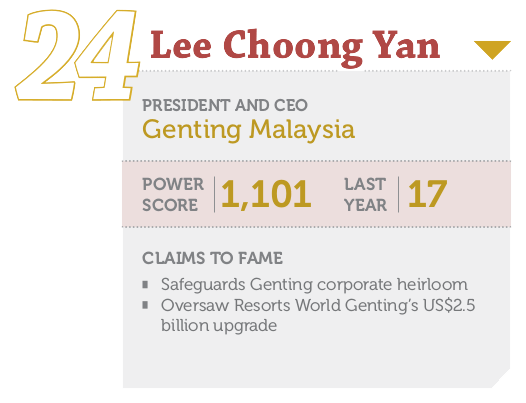

When Macau was still a monopoly and the idea of casinos in Singapore was as ridiculous as a US$4 cup of coffee, Resorts World Genting, then Genting Highlands – atop a mountain 58 kilometers from Kuala Lumpur – was Asia’s premier gaming destination. Lee Choong Yan guards that legacy as head of Genting Malaysia and is restoring the resort’s pizzazz through its Genting Integrated Tourism Plan, which doubled to MR10billion (US$2.5 billion) in February to underscore the importance of RW Genting and Chairman Lim Kok Thay’s confidence in Mr Lee.
Although Resorts World Sentosa in Singapore is Genting’s highest revenue and profit generator, RW Genting continues to post 34% EBITDA margins and may have more room to grow. The 10 year investment plan running through 2023 aims to turn the 6.000 hectare mountain resort into an international destination, targeting the expanding Southeast Asian middle class.
Last year, the plan began bearing fruit with a 1,700 room extension of the First World Hotel again making it the world’s largest with 7,351 rooms. More rooms, outlet retail, a Twenty-first Century Fox theme park and arena are coming. RWG’s revenue and EBITDA grew 4% in local terms last year, and even with the impact of weakened ringgit, EBITDA was US$443 million.
Genting Malaysia also includes Resorts World New York, the region’s top slots-only operation, and Resorts World Birmingham, a small scale IR that opened last October, among 43 UK gaming properties. This year it added internet gaming operator Genting Alderney, aiming to integrate online play with bricks and mortar operations – an initiative with global implications.
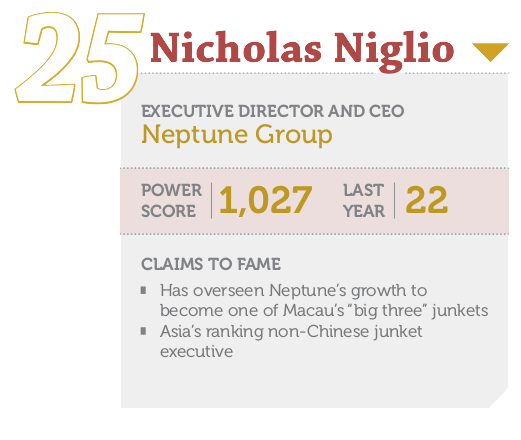
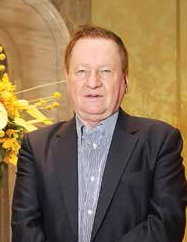
It has been a tough few years for Macau’s junkets. The biggest victim of Chinese President Xi Jinping’s anti-graft campaign, VIP revenues have fallen from a record US$30 billion in 2013 to US$15.6 billion in 2015 with another 15% contraction in the first half of this year. Once comprising 74% of all gaming revenue in Macau, that figure now stands at 51.5%.
But all is not lost. While many of the smaller and, in certain cases, less reputable junket operators have been forced to close their doors, the squeeze has at least allowed Macau’s three biggest junket room operators to solidify.
One of those is Neptune Group, which controls more than its fair share of VIP gaming tables across the city. While it hasn’t been an easy time for Neptune – who announced a US$33 million loss for the second half of 2015 and are predicting further losses through 2016 – they do have the right man on hand to help guide them back into the black.
Now in his ninth year in charge, Nicholas Niglio is an industry veteran, having worked in various senior roles in Atlantic City during its heyday and boasting an encyclopedic knowledge of the global gaming industry.
He is also adept at dancing that fine line between the Western and Chinese gaming worlds. It’s notable that Niglio is the only non Chinese board member of Neptune Group – a fair reflection of just how highly he is rated by his peers.
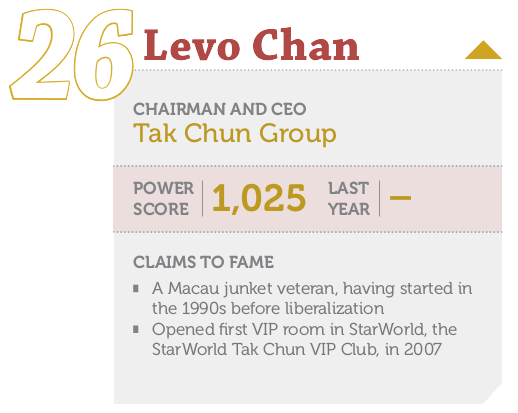
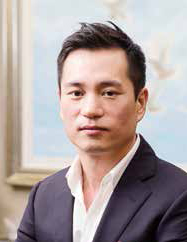
It is no secret that Macau’s VIP sector has copped the brunt of the pain felt by tumbling revenues in Asia’s gaming capital over the past two years. With GGR down almost 50%, the inevitable consequence has been the widespread closures of many smaller junkets across the city with the number of licensed operators falling from 217 to 141 between January 2014 and January 2016.
But Macau’s “Big 3” junkets – Suncity, Neptune Group and Tak Chun – have wasted no time in seizing the opportunity with their combined market share having risen from around 50% to 80% during the same period.
Tak Chun boss Levo Chan has been the driving force behind his Group’s strategy in this regard, noting the company had decided to ramp up operations rather than winding them down when the squeeze came.
“Take the current situation of Macau’s gaming industry as an example,” he said recently. “Macau’s gaming industry has now declined compared with a few years ago. Faced with this dilemma, many VIP Clubs chose to reduce business to remain in operation but Tak Chun hasn’t reduced its business, instead we have set up new VIP Clubs in Altira and Galaxy II – constantly expanding our offering.”
Tak Chun also appears to be shifting its Macau focus towards Cotai, suspending operations at MGM Macau in preparation of a move to the Parisian. Last month it opened a new room at Wynn Palace featuring 15 VIP tables and will soon open another at nearby Studio City.
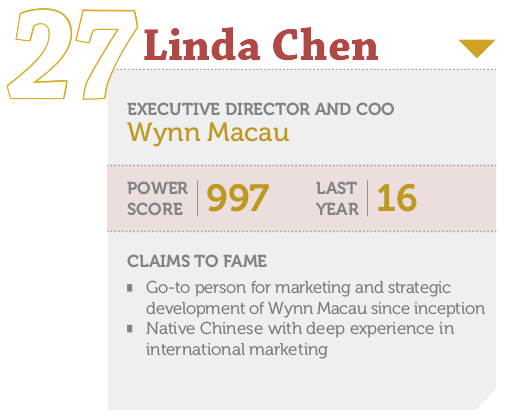
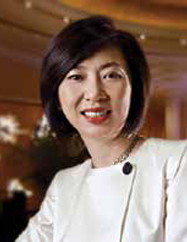
The opening of the $4.2 billion Wynn Palace has presented Linda Chen with another acknowledged masterpiece of a resort to work with in Macau.
When it comes to luxury, elegance and sheer beauty, consensus is the Palace has no peer in the gaming world. But how do you make that work in a market when demand at the very top end, the customers the Palace was built to impress, has fallen off a cliff?
That’s the challenge for Ms Chen, operationally, Steve Wynn’s right arm in China. For 10 years now she has run the marketing and strategic development for Wynn Macau, and it’s been a gold mine, consistently accounting for more than 60% of parent Wynn Resorts’ total net revenues and EBITDA. As president of Wynn International Marketing she also has been responsible for driving global play for the entire corporation.
A Taiwan native, she’s known to have a great rapport with Chinese players, and she’s had creditable success in the midst of Macau’s protracted revenue slump in building Wynn’s mass market business without sacrificing anything of the prestige the Wynn name enjoys at the high end. The opening of Wynn Palace decrees that some cannibalization of the company’s peninsula casino is inevitable. For Ms Chen the trick will be to steer that in ways that deliver a result in which the whole is greater than the sum of its parts.
She brings a wealth of experience to the task. An alumnus of Cornell University’s prestigious School of Hotel Administration, she was involved in the opening of three resorts – The Mirage in 1989, MGM Grand in 1993 and Bellagio in 1998 – that helped define the Las Vegas Strip as we know it. She served as Executive Vice President of International Marketing for Bellagio and went onto fill the same role for all of MGM Mirage (now MGM Resorts International). She rejoined Mr Wynn in 2002 and came to Macau when Wynn Resorts won its casino concession that year. She has been in charge of operations ever since.
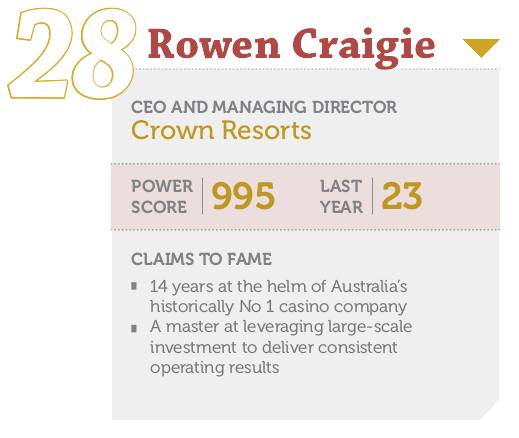

Australia’s largest casino operator found itself in rough seas over the last year. Macau’s troubles weighed heavily on earnings, the federal government is demanding millions in back taxes, labor strife threatens to disrupt operations at the company’s flagship Crown Melbourne, and there’s a rejuvenated, reenergized competitor in Star Entertainment assailing its historical dominance of the VIP trade.
Through it all there was the seasoned management of Rowen Craigie, a key player in the Packer family’s fortunes for more than 20 years – coaxing steady returns out of Crown Melbourne and Crown Perth, directing an aggressive capex program, pushing forward with a corporate restructuring aimed at liberating the Australian assets from Melco Crown and ensuring that work on the AU$3 billion Crown Sydney continues to progress.
The 2016 financial year saw normalized EBITDA at Melbourne and Perth increase 1.8% to AU$933.2 million, driven by a robust 5.8% increase in main floor gaming revenue and a creditable uptick on the non-gaming side of 1.5%.
A “solid performance” in all is how Mr Craigie described it, and it was.
VIP volume dipped 8% on a tough 2015 comp. But Crown is working on that. More than AU$100 million in reinvestment is slated for Melbourne this year, AU$328 million at Perth, the latter including a total revamp of the rooms and the non-gaming offering, highlighted by the opening of a new hotel featuring 500 six-star rooms, more gourmet restaurants and MICE facilities and more VIP gaming space. A fourth luxury hotel with high-end residences is on the drawing board for Melbourne. Designed by the Crown Sydney architects it will rise 90 stories over the city if approved and carry a price tag of AU$1 billion.
Mr Craigie’s tenure with Crown goes back to 1993 when he was recruited from the Victoria TAB to head Kerry Packer’s slot operations. He’s run the Packers’ Australian casinos since 2002 and has been CEO of Crown Resorts since its inception in 2007.
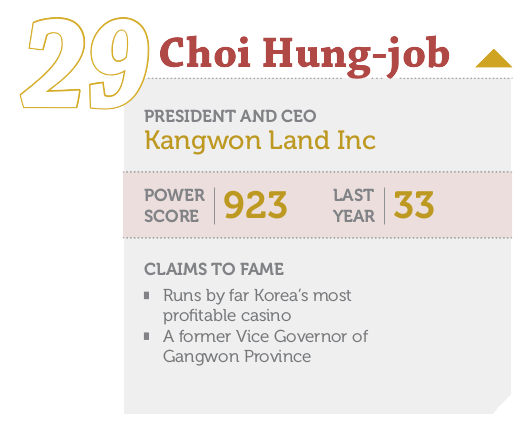
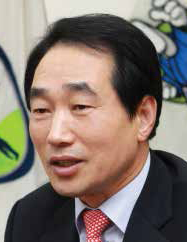
For the past 16 years, Korea’s Kangwon Land has been living the dream – controlling the only “locals friendly” casino in a country where the locals want nothing more than to play.
Kangwon Land, under the watchful eye of former Gangwon Province Vice Governor Choi Hung-jib, rakes in more profit each year than Korea’s 16 foreigner-only casinos combined.
Last year, annual revenue rose by 9.2% to US$1.3 billion with profit up almost 23% to US$400 million. In the first half of 2016 those numbers rose again with revenue improving 5.9% and profit 27% year-on-year.
It was enough to see Kangwon make the Forbes 2,000 list of the world’s biggest public companies for the very first time, finishing in position 1,928 – good enough to outrank Wynn Resorts!
There is some room for pause, however. Under its current deal, Kangwon Land holds a monopoly on Korean players until 2025 but last month a group from the opposition People’s Party submitted legislation that would authorize a locals casino in the Saemangeum tidal flat area in North Jeolla Province on the country’s south west coast.
Not surprisingly Kangwon has opposed the move citing, “a complete lack of national consensus and policy demand,” but they shouldn’t be too worried just yet. If the massive queues that typify Kangwon’s gaming tables each weekend are anything to go by, it will take more than one competitor on the other side of the country to make a dent.
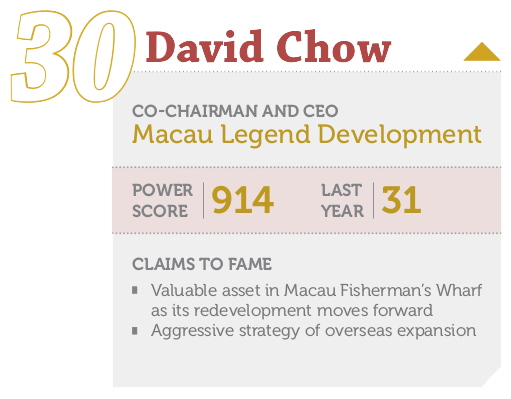
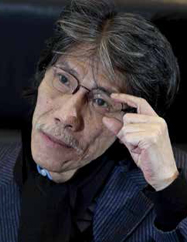
Like everyone else’s, Macau Legend Development’s two casinos aren’t faring well in the current downturn. But Chairman and CEO David Chow is looking overseas for his Hong Kong-listed company’s future, pursuing development deals in Southeast Asia and as far afield as Africa and Europe that would challenge an operator 10 times Macau Legend’s size.
Mr Chow, a protégé of Stanley Ho’s, with whom he shares family ties, has been in the business some 30 years. He’s a former Macau legislator and a member of the committee of movers and shakers that elects the Macau chief executive, the territory’s head of state. He’s plugged. And he’s been working his connections assiduously.
This year alone, the company launched construction of a €250 million (HK$2.16 billion/US$ 278 million) mixed-use resort complex on Cape Verde’s main island of Santiago. It snapped up a Laos casino, the 470-room Savan Vegas, for US$42 million, with the possibility of a license to develop an integrated resort in the same province. And an agreement was reached to develop a resort in Portugal near the popular beach town of Tróia. The €150 million first phase includes a hotel, residences, retail shops, a marina, a sports facility and a machine gaming venue. The company also will participate in a joint venture to own and operate an existing casino in Tróia.
Back home, redevelopment of the company’s principal asset, Macau Fisherman’s Wharf at the Outer Harbour, is making progress. The first new hotel, the Harbourview, opened last February with 444 rooms and suites. The first of two five-star hotels, the 229 room Legend Palace, is scheduled for a soft opening in the fourth quarter. It includes a casino. Other planned attractions include a yacht club and public pier and a canopied open-air shopping and dining promenade.
























